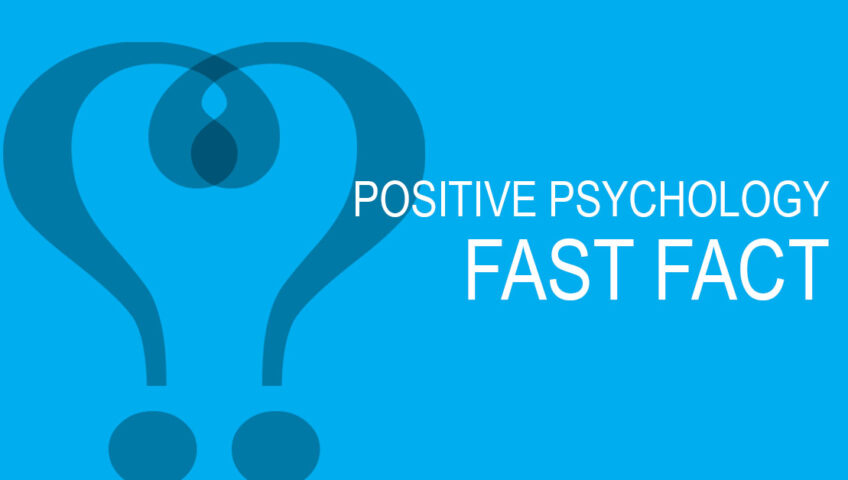I’m fascinated by the idea of modelling excellence. This is a concept I first came across when studying Neuro Linguistic Programming (NLP) more than 15 years ago. And the same concept informs the discipline I now specialise in – positive psychology. Modelling excellence involves seeking out what anthropologist Gregory Bateson called the “difference that makes the difference”. In positive psychology we refer to the notion of positive deviance. This means aberrating from the norm in a constructive way.
Take this stunning example of positive deviance in action. A group of volunteers from villages in Thailand taught mothers to become vigilant about putting mosquito nets over their children at night. Using positive reinforcement techniques, the volunteers made the use of mosquito nets more common and widespread. This helped the entire western region of Thailand significantly reduce malaria rates.
Sometimes it just takes one role model to seed positive change in a group. Keep this in mind when you’re thinking about ways to improve performance at work. Positive deviance techniques work just as well in teams as they do in Thai villages.
About the author of this fast fact:
Eleanor Shakiba is a master trainer and coach. Her passion is teaching ‘positive deviants’ to think positively and communicate constructively. A specialist the field of Positive Psychology, Eleanor is author of the Positive Psychology Toolkit for HR and L&D practitioners. She also provides coaching and training for trainers and facilitators.
